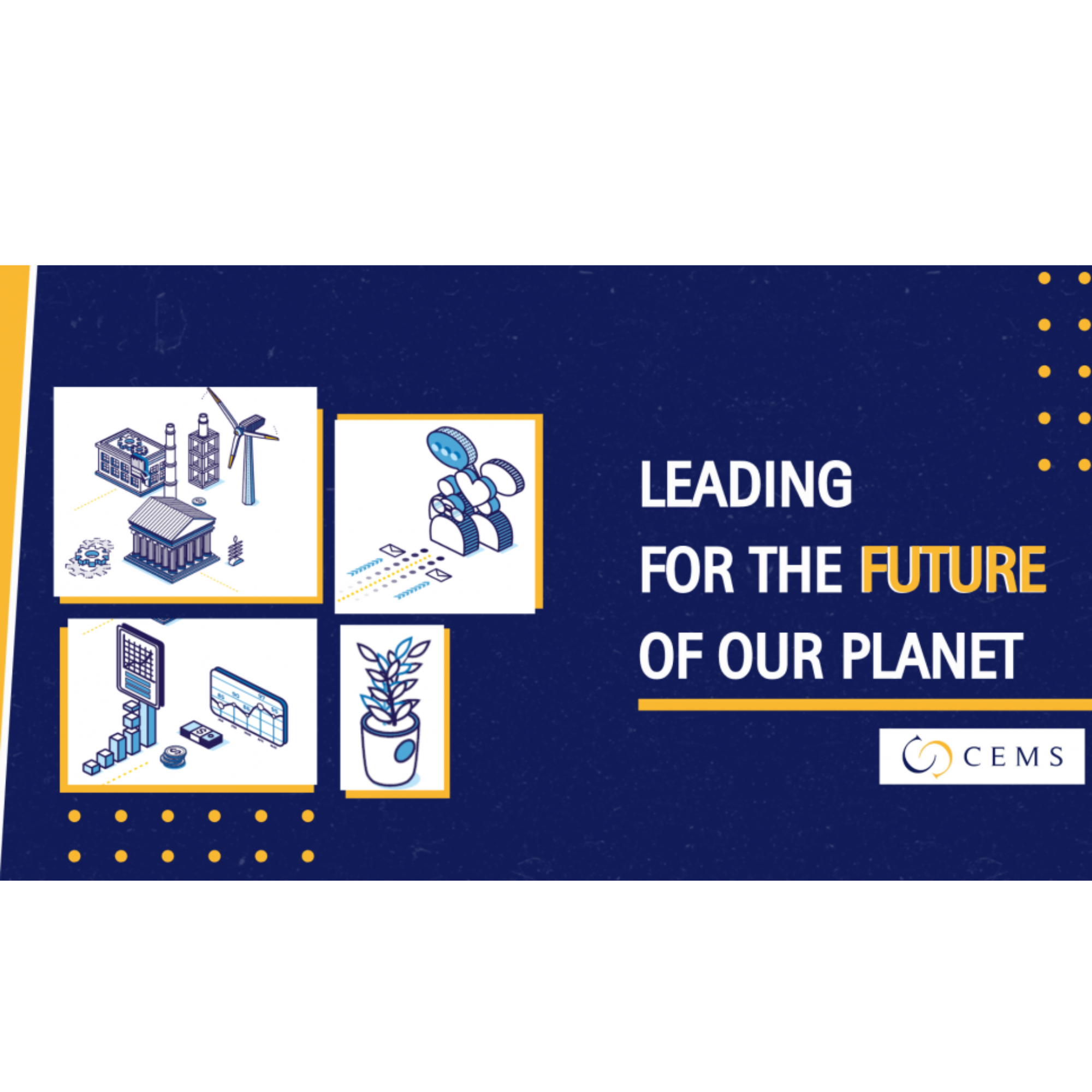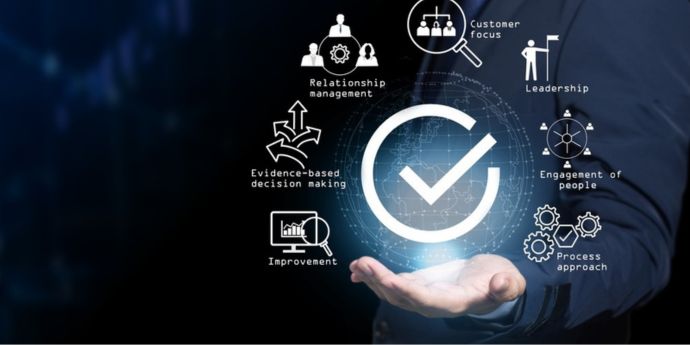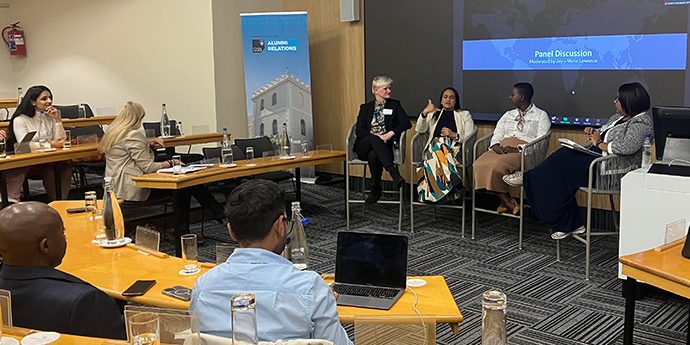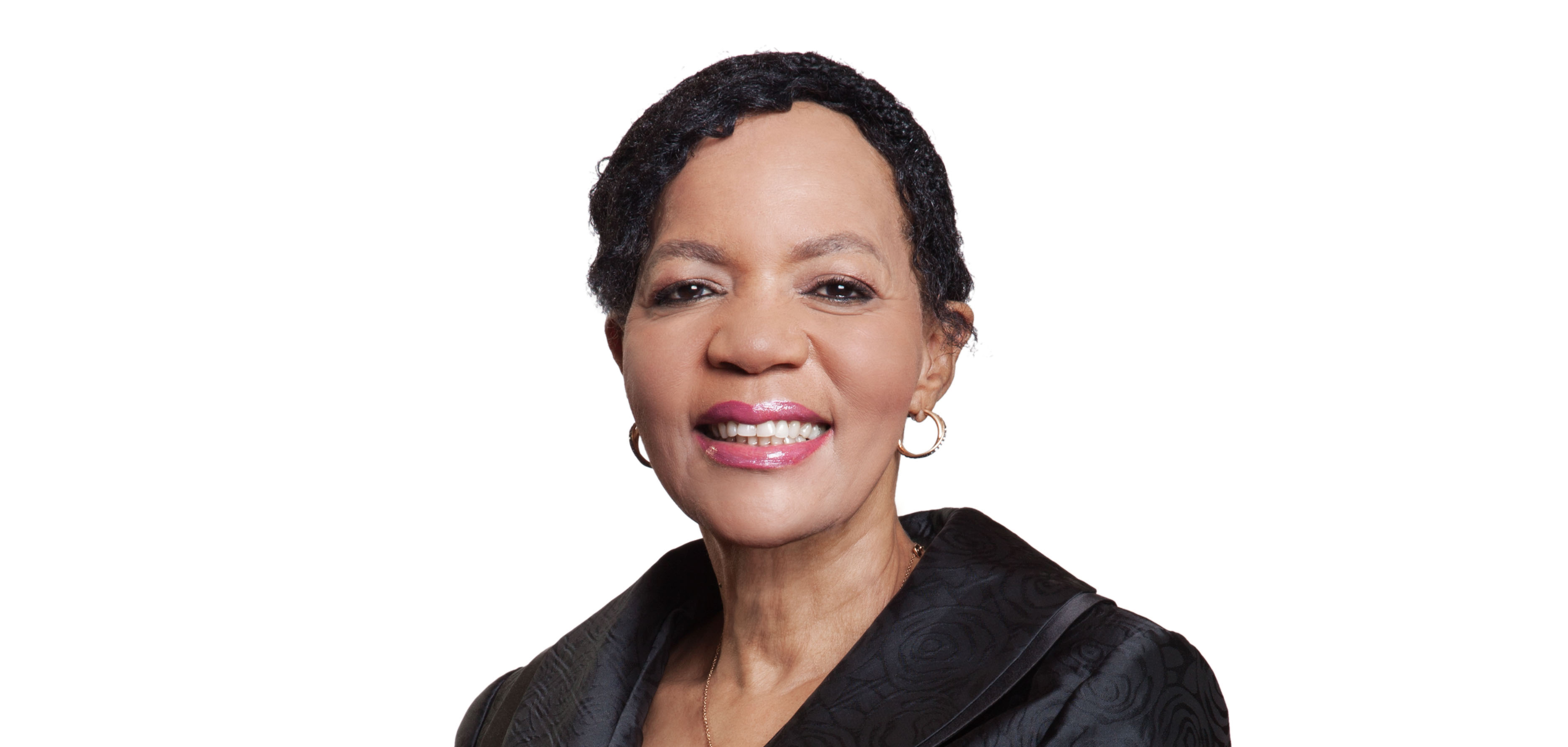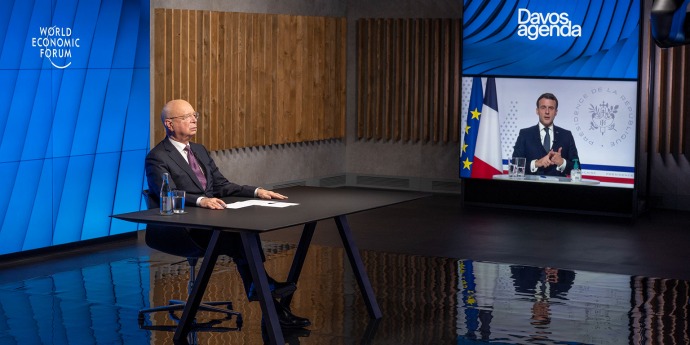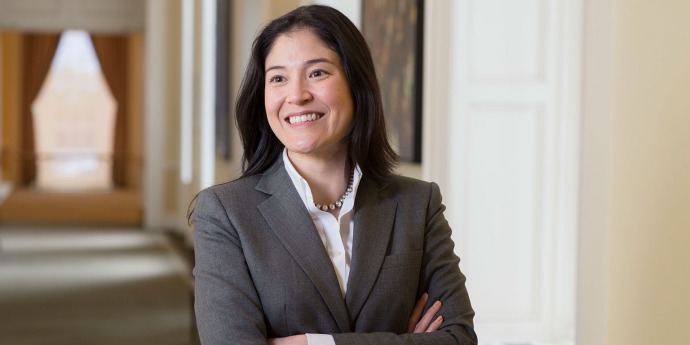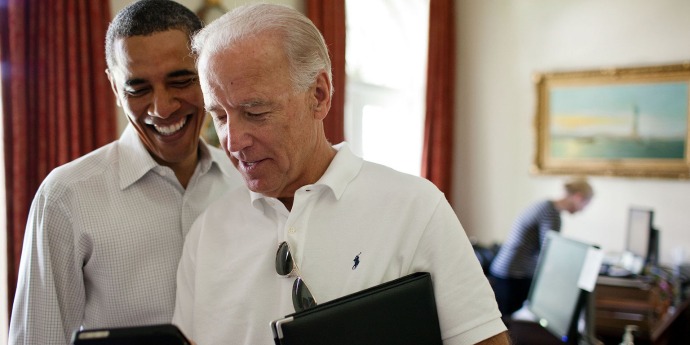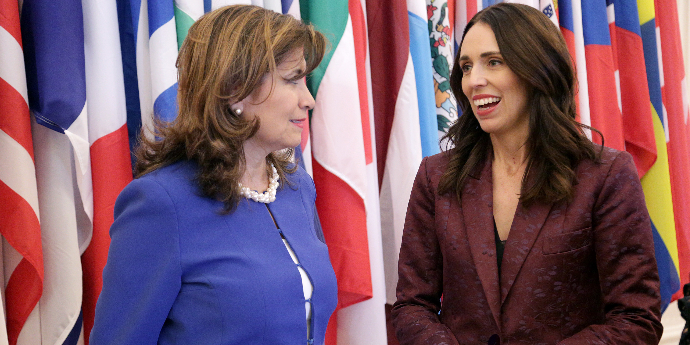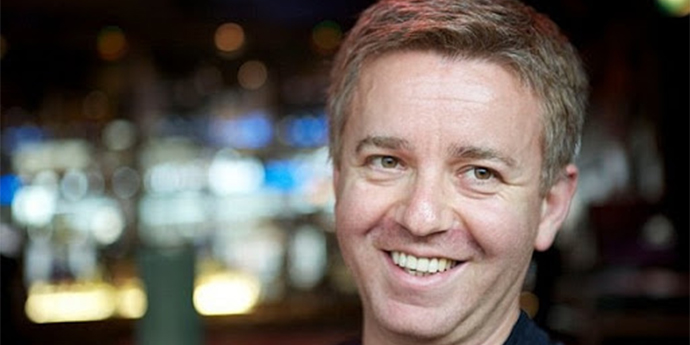Reliance on a wise ‘guru’ leader or ‘hero CEO’ endangers progress in tackling the environmental crisis by shifting responsibility, according to a new report from CEMS.
Instead, all leaders need to adopt a corporate culture of ‘collective’ responsibility, empowering all employees to make decisions with a generational outlook if real change is to take place.
The new report – Leading for the Future of Our Planet - builds on findings from a CEMS survey of 4,206 professionals across 75 countries revealing that the environment is the single greatest concern facing modern-day business leaders, overtaking technological advancement.
It features in-depth insights and recommendations from a range of experts across the CEMS Global Alliance in Management Education (the consortium of leading students, business schools, alumni, companies and non-profits from across the world). Highlights include:
- Averting environmental catastrophe will require a completely new set of business beliefs, behaviours, objective setting, and modelling which assigns value to sustainability and a cost to inaction.
- Leaders must move from short-term, finite thinking focused solely on profit, to a balance with longer-term thinking focused on outcomes for future generations.
- This will require leaders at all levels who can speak up, lean into the unknown, challenge the status quo and not be afraid.
- Business leaders will need to engage their external stakeholder ecosystems to drive transformation. They need to understand their organisation’s place in the societies within which they operate and build alliances across government, businesses and civil societies to effect lasting change.
- A deep knowledge of ESG issues must be woven into business education, throughout the entire curriculum, not just specialist modules. This must include partnerships with market practitioners to create platforms for students to practise theory.
- Early career professionals must leave business school with sustainability skills and competencies in their ‘toolbox’ as well as a deep knowledge of the subject. They must believe that they can make a difference, challenge the status quo and see themselves as agents of change.
Environment is the leading business concern
Recommendations were developed after a CEMS survey found that the environment was the greatest concern facing them as modern-day business leaders. This overtook technological advancement, which was identified as the greatest challenge in 2018.
The survey of 4,206 professionals from 75 countries revealed that 43% of respondents believed the environment was among their greatest challenges, with technology a distant second (26%). Both issues were considered more urgent to global business than shifts in world economic and political power centres (14%), political instability (6%) and global pandemics (3%).
Nicole de Fontaines, Executive Director of CEMS, said:
“We hope that this report will add some rich insights from across our unique CEMS community into how business leaders, educators and professionals can truly make a difference when it comes to tackling the environmental emergency.
“For too long we haven treated planet Earth as an infinite resource to plunder. In very recent years, however, humanity seems to finally understand that we are headed for environmental catastrophe if urgent action isn’t taken.
“The business world must play a critical role in leading the charge because it has the capacity, capability, and resource to drive positive change. The challenge is how to develop – at all levels – bold, exceptional leaders with the awareness and skills to deploy world-saving solutions.
“As set out in this report – with the urgency to tackle environmental challenges must come a comprehensive sea change in mindset, priorities and behaviours within companies. Difficult, long-term decisions must be made, with an unwavering commitment from organisations, and their leaders, to deliver on them – regardless of how difficult or unpopular they may be.”
All materials for this project, including a copy of the report and a series of contributions from across the CEMS network are available here

